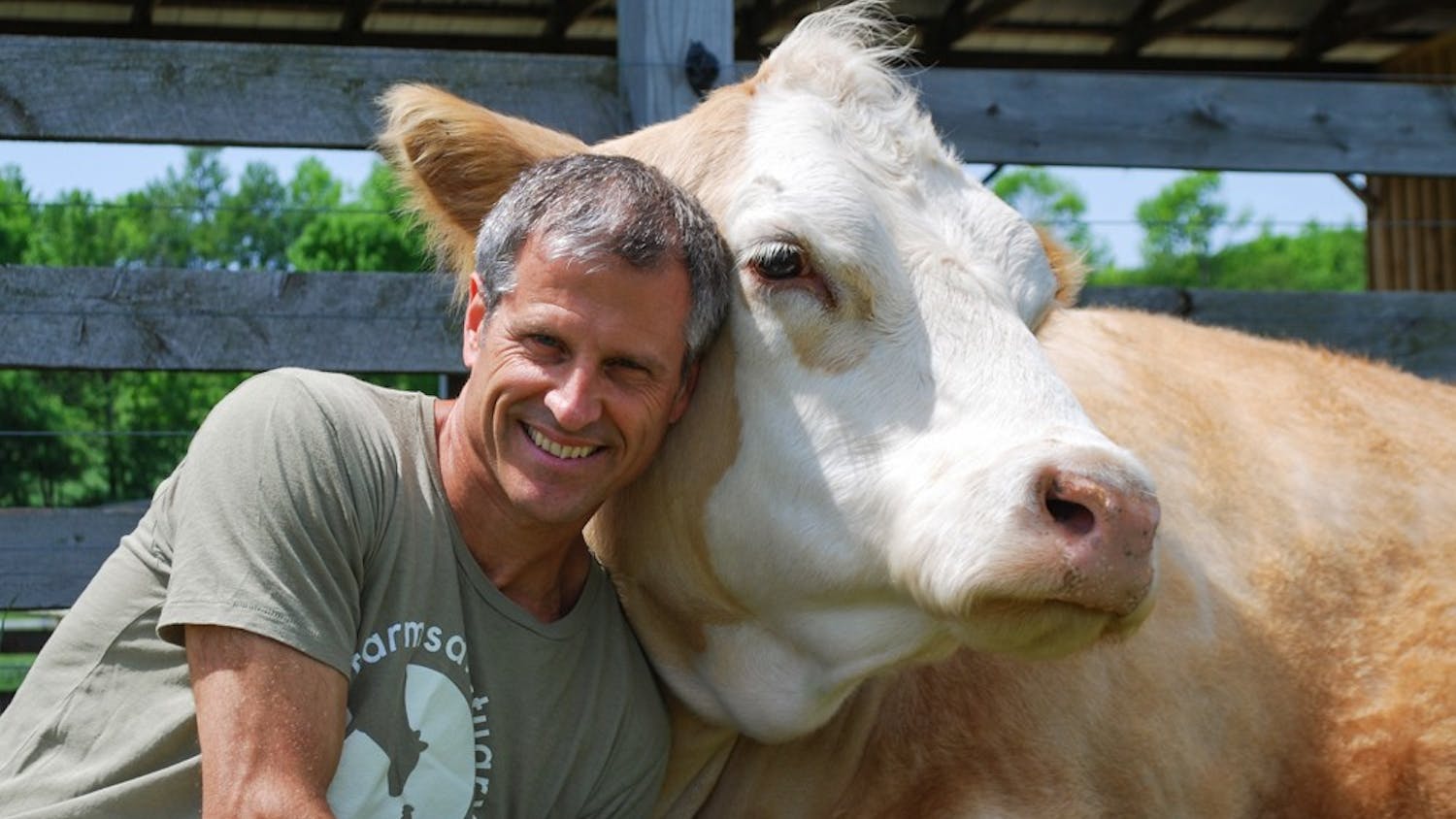As an environmentalist, I had come to think of the organic label as the pinnacle of sustainable agriculture. In my mind, an organic sticker signified that produce comes from small, multi-crop farms, without synthetic inputs or excessive water and energy use, and that animal products are raised in free-range, humane conditions. Organic means more environmentally ethical — or so I thought. As it turns out, organic agriculture standards have expanded in recent years to encompass alarming practices that few would consider to be true to the original values of organic farming.
The modern organic farming movement began as industrial agriculture took off in the years following World War II. In response to the increasing popularity of chemical fertilizers and pesticides, organic farmers focused on improving soil health without synthetic inputs. They sought to grow natural, nutritious and environmentally-conscious food.
Since the organic movement began, the USDA has standardized national definitions and regulations for organic farming through the National Organic Program. In order to qualify, crops must be grown in soil that has remained free of prohibited synthetic inputs for three years prior to harvest. Meat and animal product regulations require that animals are provided with living conditions that suit their natural behaviors such as grazing, that their food is organic and that they are not administered hormones or antibiotics. These requirements seem reasonable and well-intentioned. So what’s the problem?
The first issue is that industrial farming methods have changed. For example, many large-scale farmers now practice hydroponic crop production. Rather than growing plants in soil and promoting sustainable ecosystems, hydroponics allow crops to grow in isolation water-based nutrient solutions, most commonly within greenhouses. Despite recommendations from the National Organic Standards Board to exclude hydroponic farming from the organic label on the grounds that it does not promote soil health and biodiversity, the USDA continues to allow hydroponics in organic farming practices.
The second problem is that the organic label has become a profitable marketing tool in recent years as consumers become more environmentally conscious about their food choices. In 2018 alone, organic sales within the U.S. were upwards of $50 billion. Many businesses, motivated by these potentially-huge profits, have begun bypassing thorough investigation of their farming practices and taking advantage of loopholes in organic regulation. For example, feedlots can earn an organic label despite the fact that they violate the USDA’s regulations for raising organic livestock in confined indoor spaces. Aurora Organic Dairy, certified by the USDA, sources its milk from feedlots that skirt organic grazing demands by passing inspections during the late fall and winter, which is past grazing season. Country Hen eggs, also certified organic by the USDA, raises its poultry entirely indoors but is allowed to maintain its label because it has roofed and screened-in porches on its facilities for laying hens. This is an obvious loophole, one that was meant to be combatted by the Organic Livestock and Poultry Practices rule finalized in early 2017 before President Trump pulled the plug on it in 2018.
As the original intention of the organic label deteriorates, I have refocused my efforts to eat sustainably by buying local. Buying local means supporting small businesses and the local economy, but it also means that I can evaluate the sustainability of a producer’s farming practices on a case-by-case basis without placing blind faith in the organic label. Crossroad Farm, located in Post Mills, Vermont, is not a certified organic farm, but it practices sustainable agriculture. Although the farm relies on some synthetic inputs in crop production, Crossroad applies them sparingly, and always with concern for the impacts on the wider environment. Crossroad is not entirely reliant on conventional agricultural methods and still practices some of the cornerstones of organic farming like crop rotation, polyculture and cover cropping. Though it isn’t certified organic, I’d argue that Crossroad Farm’s produce has significantly less environmental impact than a box of Driscoll’s blueberries grown in greenhouse containers and sustained with fish-based liquid fertilizer or hydrolyzed soy protein additives instead of with healthy soil. It’s also a relief to know that the only fossil fuels expended in transporting my produce were the few miles I drove to reach a local farm, as opposed to the hundreds of miles that many certified organic producers will ship their products. Transport and processing of organic foods can significantly contribute to their carbon footprints, making even sustainably-cultivated food an environmental liability.
Some organic food producers stay true to the roots of the label, but they are in danger of getting out-competed by farming operations that function on organic regulation loopholes and oversights. If we’re really concerned about where our food comes from and the impacts that its cultivation has on the Earth, we need to look beyond organic labels in the supermarket. Instead of assuming that organic necessarily means more sustainable, reallocate your funds to local farms whose practices you can evaluate, with or without the organic label.


